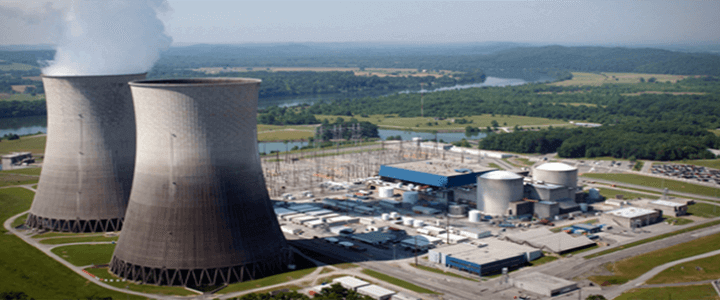Under the terms of the Iran nuclear deal, every 90 days the president must certify to Congress that Iran is abiding by its terms. Word on the street was that President Trump would make such a declaration Friday. Between drafts of today’s Daily Intel, he changed course. Rather than decertify, he will ask Congress for a list of actions considered to be material breaches.
The agreement is not, strictly speaking, a treaty, according to President Barack Obama. If it were a treaty, President Obama would have had to submit it to the Senate for ratification, which he did not do. At the time, the State Department told Rep. Mike Pompeo (now CIA Director): “The [JCPOA] is not a treaty or an executive agreement, and is not a signed document.” Writing at the Lawfare blog, Jimmy Chalk observed that the JCPOA “is no more binding on the parties than a handshake.”
what was agreed to?
A group of nations called the P5+1 — the U.S., Great Britain, France, China, and Russia (the world’s five major nuclear powers) plus Germany — negotiated the “Joint Comprehensive Plan of Action” with Iran in late 2015. In exchange for abandoning its nuclear weapons program, Iran was allowed to maintain a peaceful nuclear power program, the U.S. returned $1.7 billion in previously seized cash (we literally sent planes loaded with pallets of cash) and the parties agreed to “the comprehensive lifting of all UN Security Council sanctions as well as multilateral and national sanctions related to Iran’s nuclear programme.”
Questions remain as to how closely Iran has followed the terms of the deal. In September, we discussed how some within the intelligence community believed Iran had simply exported its program to North Korea, which would explain the rapid advancement if the DPRK’s program. If proven, that would be reason enough to decertify the deal, which requires Iran not take “any action, including covert activities, that could significantly advance its nuclear weapons program.”
But simply decertifying the deal would have no immediate consequences beyond making Iran, the president’s opponents, and presumably the other parties to the deal, angry.
what would decertification mean?
A declaration from Trump that he cannot certify Iran’s compliance throws the ball into Congress’s court. And Congress has shown no appetite to re-impose any sanctions on Iran at this point. The president could re-impose some of the sanctions on his own through executive action, but no one in the administration has indicated he is inclined to do that. And American withdrawal from the agreement does not necessarily mean that Germany or the U.K. would follow.
So, what purpose would decertification serve? In the immediate, it would please the president’s most ardent supporters and give the impression of “doing something.” But it might squeeze a few more concessions from Teheran. President Trump has never disguised his dislike for the JCPOA. Decertifying it could give him the opportunity to renegotiate it, although he apparently is not yet prepared to do that, either.
Admittedly, the president has not said exactly what about the deal he dislikes. But policy details have never been his strong suit. All reports indicated the president’s national security team remains united in its belief that this deal is better than no deal. They appear to have been successful in convincing the president to maintain the status quo… for now.




